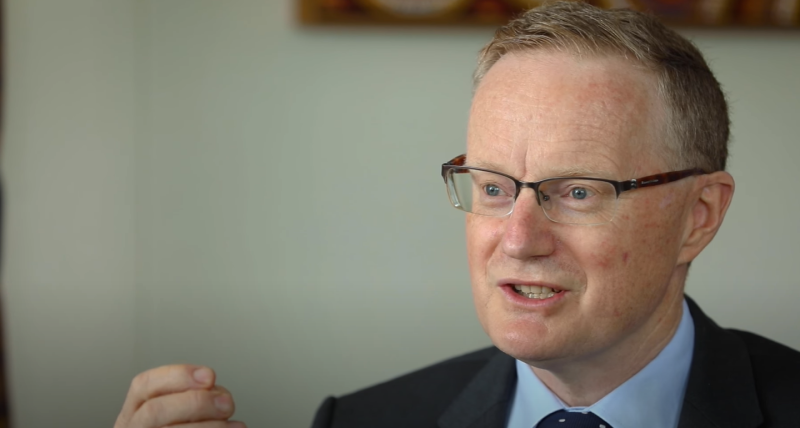- RBA retains a cash rate of 0.10% for eighth successive month
- RBA remains committed to full employment and a tightening labour market
- Bond purchase program will continue, but at an adjusted weekly purchase
If you guessed that the Reserve Bank of Australia (RBA) would keep the cash rate on hold at a record low of 0.10% for an eighth straight month, you would be right – alongside the 40 experts and economists that expected the same.
Despite low unemployment rate of 5.1%, wages growth and inflation remain stubbornly low and so the RBA is not budging. The bank expects the inflation rate to reach 1.5% this year and 2.0% by mid 2023. They also noted that they expect inflation to rise 3.5% temporarily over the year to the June quarter, due to COVID-19 related price reductions a year ago.
The Australian dollar has climbed slightly, although the goal of the RBA is to keep it relatively weak. Lower interest rates mean it is less attractive for foreign investors to invest in Australia. This lowers the demand for Australian dollars, but can encourage export trade (which in turn contributes to economic growth).
Quantitative easing has played an important role in keeping interest rates low. The board has decided they will continue the bond purchase program after the current program is completed in September, albeit at a weekly rate of $4 billion a week until at least November – down from $5 billion a week in light of a faster than expected economic recovery.
Given the return of investors to the housing market, the bank is keeping a close eye on lending standards, should they deteriorate. For now, they are happy. And so, interest rates will continue to remain low for some time, which will continue to contribute to rising house prices one would expect.
As expected, the RBA remains highly dovish in its approach to monetary policy. The board will continue to provide liquidity to the market and keep funding costs low until the labour market is tight enough to generate the wages growth required to increase inflation. This could be a year away, at least.
Of course, the RBA’s policy approach has not been without criticism. The Commonwealth Bank of Australia (CBA) has been at odds with the central bank for quite some time. They have gone on record predicting that the RBA will have to raise rates much sooner than 2023 or 2024.
Time will tell who ends up being right.








